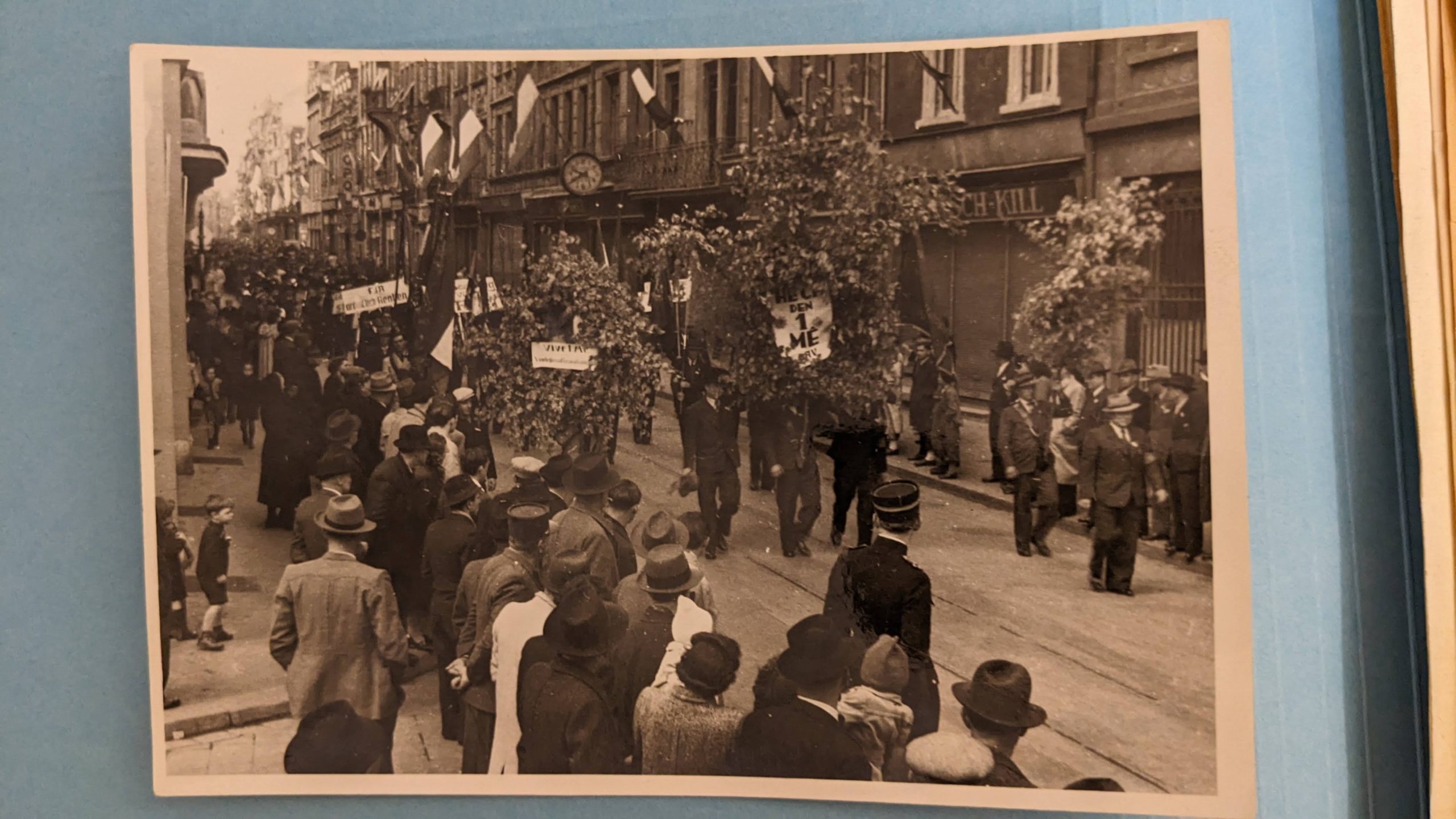It’s a truism that the First of May—May Day—is celebrated across the world. It’s an official holiday in 161 countries and still found in every country where it is not. For a day that didn’t exist before 1890 isn’t that impressive?
Andrew Pfannkuche, doctoral researcher at the University’s C²DH (Centre for Contemporary and Digital History), uses digital methods to explore the global history of the First of May as part of his thesis. In this editorial, he provides snippets of his findings.
‟ The First of May has a global history, but it did not arrive everywhere all at once. Instead, the day came to various countries on the backs and in the minds of working-class organisers—anarchists, socialists, and communists—who encountered the same working-class struggles and aspirations across the globe. ”
Doctoral researcher
Striking for the eight-hour day
The story of the First of May, as it is popularly told, starts in Chicago, Illinois where four German-American anarchists were hanged in 1887 for their involvement in a 1886 strike for the eight-hour day, the infamous Haymarket Massacre. But that’s just a myth. Instead, the story is much more international and begins a year later, in 1888, in the city of St. Louis, Missouri where the newly created American Federation of Labor organised another strike for the eight-hour day that would begin on 1 May 1890.
From St. Louis, European socialists—who had organised the first conference of the new Second International in Paris—embraced the idea of a strike for the eight-hour. The question whether or not 1 May 1890 would be, strictly speaking, a strike, was left purposefully vague. But European socialists agreed that everywhere there was a socialist working class, there would also be a strike for the eight-hour day. Banners were printed, meetings were held, and on the day working people put down their tools and went on strike. The First of May was born.

Undated photo of a May Day parade in Esch-sur-Alzette (probably the late 20s or early 30s). Photothèque de la Ville d’Esch-sur-Alzette
A tradition is born
While the initial First of May did not secure the eight-hour day, it did accidentally succeed in creating a working-class tradition. As the day slowly faded away in the United States, it grew in Europe, becoming the day off work we all know. Yet, the history of the first of May carries on: it arrived in the Philippines in 1903, 1913 in Costa Rica, and the Indian subcontinent did not witness a First of May until 1923!
In each of these places, there is a story about inspiring and inspired persons: in the Philippines, a local doctor who studied in Spain, Dominador Gómez, while in India it was a lawyer from Chennai named Malayapuram Singaravelu. It was organisers like them that crossed the globe and spread the First of May as both a working-class festival and protest for the eight-hour day. Their shared beliefs in social justice, equality, and internationalism made the First of May much more than another north-Atlantic holiday.
Internationalism made real
Internationalism is what sets working-class parties apart from those with traditional political outlooks. It is also what makes the First of May so unique when compared to other political holidays. Working-class militants have always tried to organise themselves internationally because, in their view, equality is just a word if it does not go beyond national borders.
This is easier said than done, and there is a long history of European and American socialists who have constantly struggled to make that ideal of universal social justice a concrete reality, even within their own parties and national borders. Working women, immigrants, and people of colour continue to fight for their equal place within these movements. But the First of May is a symbol that aspires to overcome these failures, spreading the simple idea that there are not various national working classes separated by sex, nationality, or race but one working class that shares a common struggle for social justice and a better future.
The history of the First of May began in the United States and Europe, but it has spread to every corner of the world. It is a global holiday that demands the eight-hour day, fair wages, and freedom from economic exploitation. Not just in Luxembourg but for everyone, everywhere, who has to work.
Authored by Andrew Pfannkuche, doctoral candidate at the C²DH
